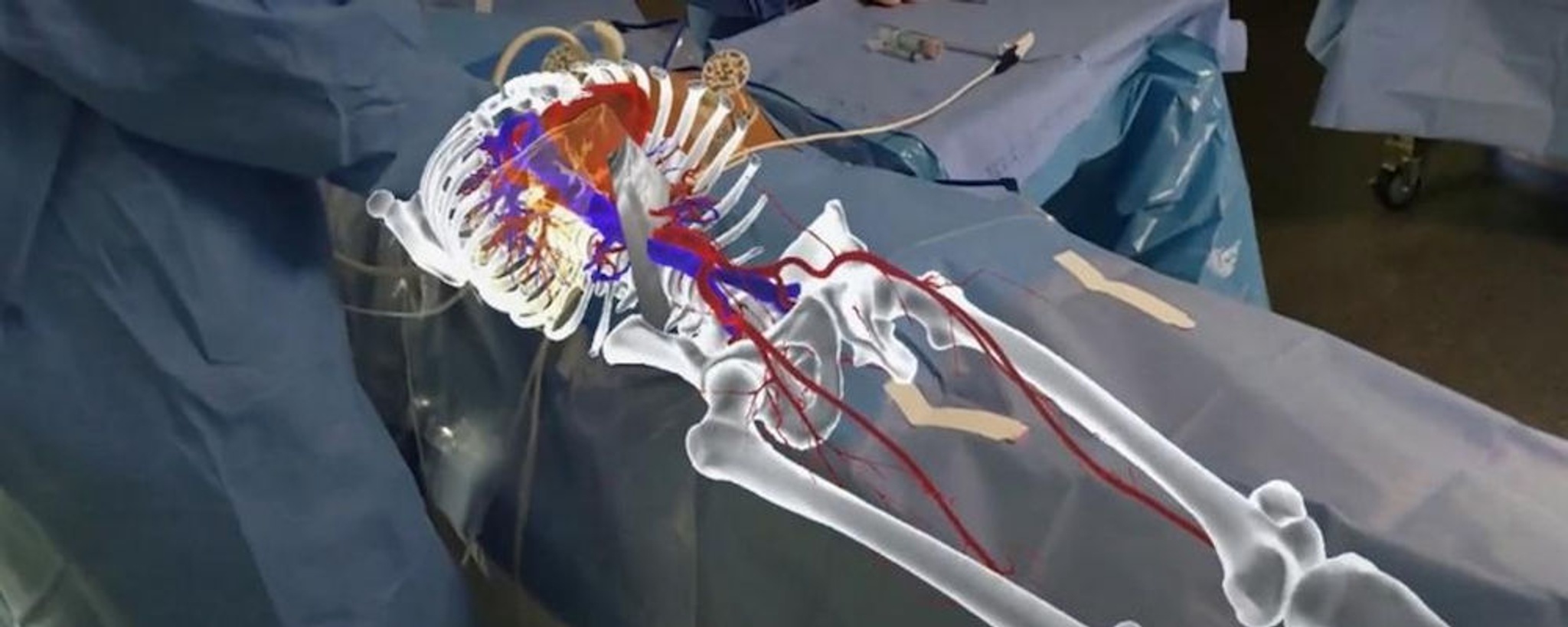Health IT
Navigate forward to interact with the calendar and select a date. Press the question mark key to get the keyboard shortcuts for changing dates.
Navigate backward to interact with the calendar and select a date. Press the question mark key to get the keyboard shortcuts for changing dates.
As every sector of the global economy and nearly every facet of modern society undergo digital transformation, ITIF advocates for policies that spur not just the development of IT innovations, but more importantly their adoption and use throughout the economy. That includes use of IT to drive health care innovation, lower costs, and improve the quality of care.

Vice President and Director, Center for Data Innovation
Information Technology and Innovation Foundation
Read Bio
Vice President, Global Innovation Policy, and Director, Center for Life Sciences Innovation
Information Technology and Innovation Foundation
Read BioFeatured
More Publications and Events
December 4, 2024|Reports & Briefings
Innovate4Health: The Power of Intellectual Property and Innovation in Solving Global Health Challenges
Many of the world’s biggest challenges are health challenges. The good news is that, more than ever, people are meeting these challenges with innovative solutions.
September 19, 2024|Blogs
Beyond What Meets the Eye: How SELENA+ Is Revolutionizing the Detection of Eye Diseases
Selena is transforming eye care by leveraging AI to detect diseases like diabetic retinopathy with unprecedented accuracy, helping to diagnose issues early and prevent blindness, thus improving patient outcomes and offering more access globally.
August 3, 2024|Podcasts
Podcast: Technology Fears and Scapegoats in Digital Health, With David Moschella
David Moschella appeared on Health Stealth Radio with host Frank Cutitta for a lively “fireside spat” about digital health transformation, and Moschella and Rob Atkinson’s newly released book Technology Fears and Scapegoats: 40 Myths about Privacy, Jobs, AI, and Today’s Innovation Economy.
May 13, 2024|Blogs
Advancing Biomedical Innovation With Policies Supporting Privacy-Enhancing Technologies
By improving privacy protection and facilitating secure collaborative research, privacy-enhancing technology could complement data-sharing policies and enable analysis of sensitive medical data and support biomedical innovation.
April 25, 2024|Blogs
Growing Evidence Shows Importance of AI for Health Care
As demographic change and aging populations in many Western countries entail higher relative health-care burdens, AI’s support in diagnosis, drug development, and health-care operations may serve as a much-needed remedy.
April 22, 2024|Reports & Briefings
LATAM Health Champions, 2024
Innovation plays a critical role in improving public health and in overcoming global health challenges. The call for LATAM Health Champions, which ran from February 5 to March 5, 2024, received more than 60 applications proposing innovative health solutions to a wide range of health challenges. Here, the top 20 are highlighted.
January 12, 2023|Blogs
Unless Congress Acts, Telehealth Progress During Covid Will Be Lost
In response to the COVID-19 pandemic, federal policymakers enacted a series of legislative and regulatory measures to expand access to telehealth services. Congress recently extended many of these changes for two years in the Consolidated Appropriations Act of 2023 (H.R. 2617). However, policymakers should permanently extend these temporary measures to ensure that medical providers can continue to offer care to patients remotely after the extension ends.
December 5, 2022|Reports & Briefings
Click Here for Adderall: Fixing Telehealth Advertising and Services To Prevent Stimulant Misuse
Policymakers should both make permanent many of the COVID-19 era policies that allow medical providers to see patients remotely and enact provisions allowing for the practice of telemedicine over state lines. However, policymakers should also take further steps to ensure that telehealth providers offer and abide by the same standard of care as in-person treatment.
September 16, 2022|Presentations
Innovations and the Future of Healthcare
Stephen Ezell will be speaking at the James Madison Institute’s Florida Tech & Innovation 2022 Summit in Coral Gables, Florida on a panel discussing “Innovations and the Future of Healthcare.”
December 20, 2021|Blogs
Nursing Homes Implementing Telehealth Technologies Reported Reduced Strain, Improved Safety, and Increased Convenience
University researchers compiled qualitative data from interviews with 21 nursing home administrators and clinicians across 16 facilities and found that care providers reported a number of improved outcomes.



